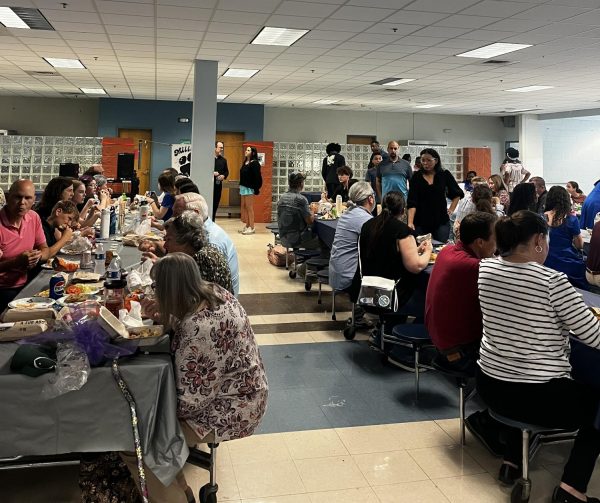Going Viral

A little boy in Sweden has to get a polio vaccine in the hope of preventing the dangerous virus. Scientists hope that by taking already existing viruses and mutating them, they can stay one step ahead of these microscopic villains.
February 19, 2016
Researchers believe that there is a 20 percent chance that the next pandemic will happen within 10 years. The last pandemic was the Ebola outbreak that occurred in 2014 and affected many countries in West Africa and even appeared in isolated cases in the United States. Scientists believe that by studying viruses and mutating them, they will be able to create more effective vaccines faster, thus curing and saving more people. This studying of viruses is called virology and has been around much longer than any of us. The first development of vaccines occurred in the early nineteenth century without scientists being able to see or even understand viruses themselves. The catch behind scientists mutating the diseases is the viruses, at the moment, have little to no effect on humans. These viruses are diseases such as bird flu, which may mutate to spread more easily between humans on their own.
I have talked to people on both sides of the argument. People in support of research of these viruses in order to form vaccines believe that the benefits outweigh the risks and that such knowledge can vastly improve human life. Incurable diseases caused by viruses could be finally solved, and many lives would be saved. They stated that the containment system that is put in place when researching these hazardous viruses makes up for any human error that could occur within a lab. On the other side of the spectrum, people feel that, as humans, we will always make some sort of flaw, that no containment system can be perfect. Working with viruses that you could be susceptible to is very hazardous work. They also brought up the prospect of terrorism and biological warfare. Such terrorism would not have to be trying to steal the research; it could be as simple as destroying the building in order for the new mutated virus to be released.
I completely understand the benefits of this research and believe that it could lead to a lot of great discoveries. This hazardous work, however, creates enormous risk to human populations. I think that risk of an outbreak or a pandemic is just too great to outweigh the benefits. Take for example the Marburg virus. Due to the importation of monkeys who were infected with a new, unheard of virus at a main industrial plant, 31 people were infected and several died. It could have been avoided but human error made it nearly impossible. We, as a society, have made advances that would have prevented that incident occurring today, but I do not believe it is enough to negate the risks. Scientists should look beyond trying to create new viruses. Advances in computer simulations and modeling of viruses could help researchers in their search for a cure, but for now we will just have to rely on Walgreens.











